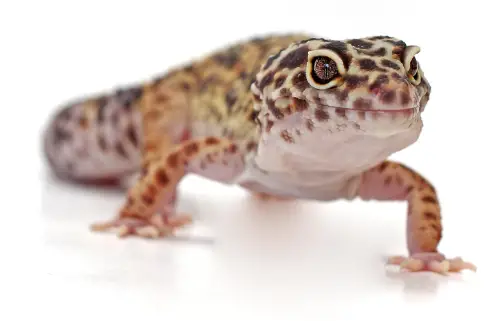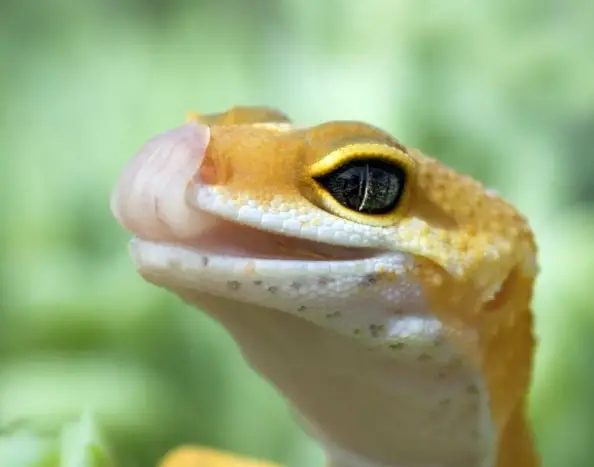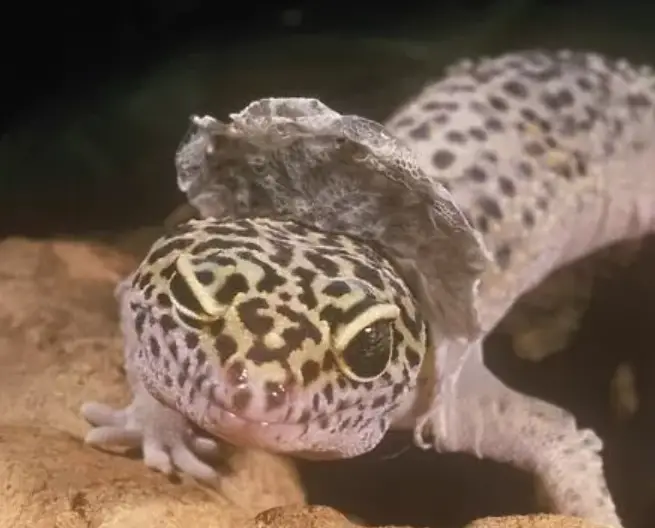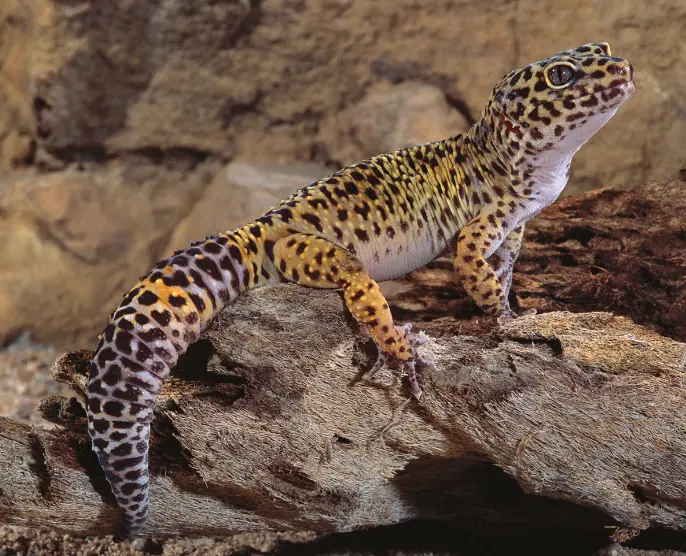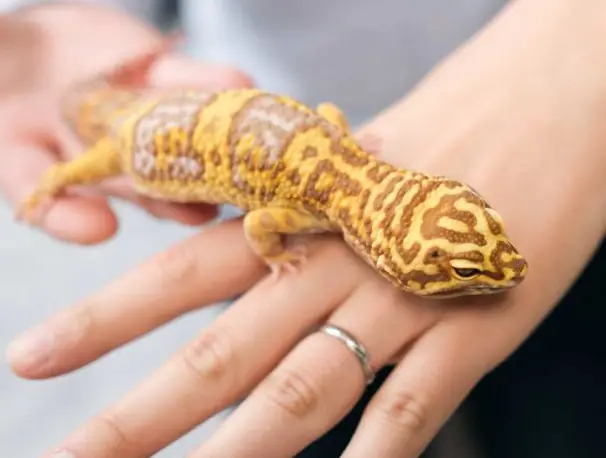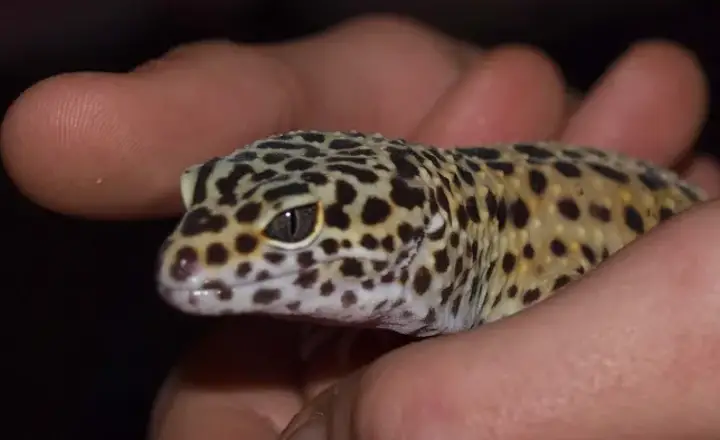If you own a leopard gecko, you know that these lizards are generally active and curious creatures. However, there may be times when you notice your leopard gecko laying flat on the ground, seemingly lethargic and inactive. This behavior may be alarming to you, as it is not typical for leopard geckos to be so inactive.
In this article, we will explore the possible reasons why your leopard gecko is laying flat, and what you can do to help them feel better.
What Are The Reasons My Leopard Gecko Is Laying Flat?
There are several reasons why your leopard gecko may be laying flat:
Heat exhaustion: Leopard geckos require a warm environment to regulate their body temperature. If the ambient temperature is too high, they may lay flat to dissipate heat and prevent heat exhaustion.
Stress
Leopard geckos can become stressed due to changes in their environment, handling, or diet. When stressed, they may lay flat as a coping mechanism.
Illness
Leopard geckos may lay flat due to illness or injury. This could be a sign of serious health issues such as respiratory infection, organ failure, or injury.
Sleeping
Leopard geckos are nocturnal animals and may lay flat during the day while they are sleeping.
Molting
Leopard geckos undergo a process called molting where they shed their old skin. During this process, they may lay flat and inactive.
If your leopard gecko is laying flat and you are concerned, it is important to consult with a veterinarian for proper diagnosis and treatment.
What Are Signs That My Leopard Gecko Is Okay?
There are several signs that your leopard gecko is okay when it is laying flat:
- Breathing normally: Leopard geckos should be breathing at a steady and normal rate. If you notice any unusual breathing patterns, such as shallow or rapid breathing, this could be a sign of distress or illness.
- Alert and responsive: Your leopard gecko should be alert and responsive to stimuli, such as movement or sound. If they are sluggish or unresponsive, this could be a sign of illness or stress.
- Moving around and interacting: Leopard geckos are active and curious creatures, so if they are laying flat but still moving around and interacting with their environment, this is a good sign.
- Eating and drinking: Leopard geckos should be eating and drinking normally, so if they are still eating and drinking while laying flat, this is a good sign.
- No visible signs of illness or injury: Look for any visible signs of illness or injury, such as wounds, swelling, or discharge. If you do not see any visible signs of illness or injury, this is a good sign.
- Normal bowel movements: Leopard geckos should have regular bowel movements, so if they are still producing normal bowel movements while laying flat, this is a good sign.
When To Be Worried
Trembling
You should be concerned about your leopard gecko laying flat whenever you notice it shaking. Leopard geckos may experience trembling symptoms as a result of temperature issues, dietary shortages, and various other circumstances.
Restlessness
A leopard gecko that is agitated differs greatly from one that is active.
When a leopard gecko decides to lay flat in unexpected places since it isn’t happy in any region in its tank, it shows signs of restlessness. When you realize your pet isn’t feeling well, take them to the veterinarian.
Trouble with Movement
Leopard geckos’ sluggishness is a huge sign that something could not be right with your reptiles. Get your gecko immediate medical attention any time you notice it having trouble with a maneuver that it used to handle readily.
Poor or No Appetite
Any gecko that changes its normal eating habits or completely rejects food in favor of laying flat could not be in good health. Bring your pet to a licensed veterinarian to determine the problem and find a solution.
Conclusion
In conclusion, there are several potential reasons why a leopard gecko may be laying flat. It could be due to illness or stress, a sign of submission or submission to a dominant gecko, or simply a natural behavior. It is important to monitor the gecko’s behavior and seek veterinary attention if necessary, as well as ensure that the gecko’s habitat is suitable and properly maintained. By understanding the possible causes and addressing any potential issues, owners can help their leopard gecko remain happy and healthy.
